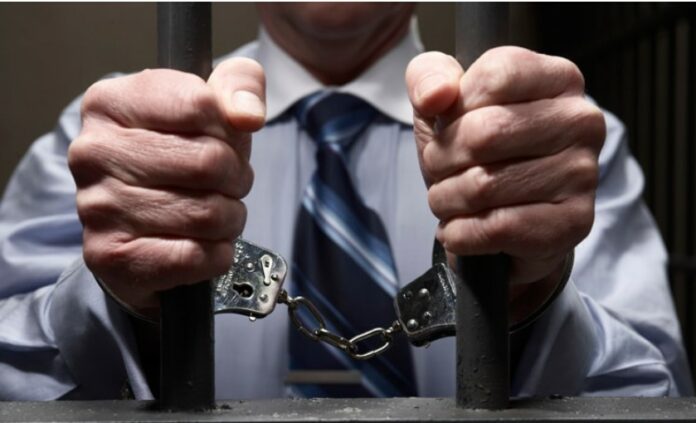Disorderly conduct is the most common criminal charge classified under “umbrella” laws or what you can call “catch-all” offenses. They involve various types of conduct considered annoying and potentially include any situation that causes a public disturbance.
Defendants charged with disorderly conduct frequently misunderstand the offense, which is another good reason you should thoroughly understand it. This way, you can dispute the charge and avoid its consequences.
If the state prosecutor proves beyond a reasonable doubt that you were in a public place with the intent to cause public annoyance or alarm, you can be convicted of a disorderly conduct crime. When this happens, you’ll need a good and experienced defense lawyer as a first step to a successful defense. Before we dive into finding a defense lawyer, what are the types of disorderly conduct?
Types of Disorderly Conduct
Disorderly conduct can manifest itself in different forms and shapes. You can be charged with disorderly conduct if you intend to disturb the peace or quiet of a neighborhood, family, or person.
Some behavior that will likely be considered as obnoxious and cause public disturbance can include
- Fighting
- Threatening behavior, such as reckless handling of a deadly weapon or dangerous instrument.
- Disturbing the peace, such as bringing commotion and preventing others from carrying on lawful activities.
- Any other behavior that compromises public safety
- Public intoxication, such as making “unreasonable noise,” incredibly when intoxicated.
- Use of verbal or physical abuse that could result in retaliation.
- Loitering and begging in public.
- Refusing to disperse upon being instructed to do so in the event of a fire or other emergency to preserve public safety and order.
How Disorderly Conduct Becomes a Crime
There must be intentionality involved for a behavior to be deemed disorderly conduct. If your intention was to disturb the peace or cause a disturbance, you could be charged. Otherwise, it may not be considered disorderly conduct if it was accidental or unintentional.
Another factor that can make disorderly conduct a crime is if a reasonable person finds your behavior disruptive or offensive. That means if the conduct goes beyond what that particular community considers “normal” or “acceptable” behavior.
Public places where disorderly conduct can be considered a crime include parks, streets, and any other area accessible to the public. Similarly, trespassing in a private setting or causing a disturbance or nuisance within someone’s home is considered disorderly conduct.
Possible Penalties for Disorderly Conduct
Many jurisdictions consider disorderly conduct a class 1 misdemeanor. That is, it’s less severe than a felony crime. Unless a weapon is involved, it is considered a class 6 felony. If the disorderly conduct is less serious, you may face up to 6 months in jail and a fine of up to $2,500. The offense also results in probation or community service.
If the conduct is considered a felony (recklessly handles, displays, or discharges a weapon), your punishment becomes more severe as per A.R.S. 13-2904. For a first offense, you run the risk of serving at least 1.5 years in prison, with a possible term of 2.25 years or a maximum of 3 years.
You can otherwise be charged significant fines and other penalties. Fortunately, you can hire a defense lawyer to help you get your charges dropped or have the case dismissed.
How a Lawyer Can Help with Disorderly Conduct Charges
When it sounds like a minor offense, disorderly conduct can affect your criminal record, making it difficult to secure employment, housing, and other important services, including education. As a result, you need a defense attorney who can explain your rights and legal options in light of your state’s laws regarding disorderly conduct.
A defense lawyer such as those at GurionLegal.com will help build a defense to the charges, negotiate with the prosecutor, and represent you in court. They’ll assist with gathering proof to help your case and give you advice regarding any potential lawful defenses you might have the option to use in court.
Upon the success of having your case and charges dropped, you’ll not have a criminal record to worry about.















